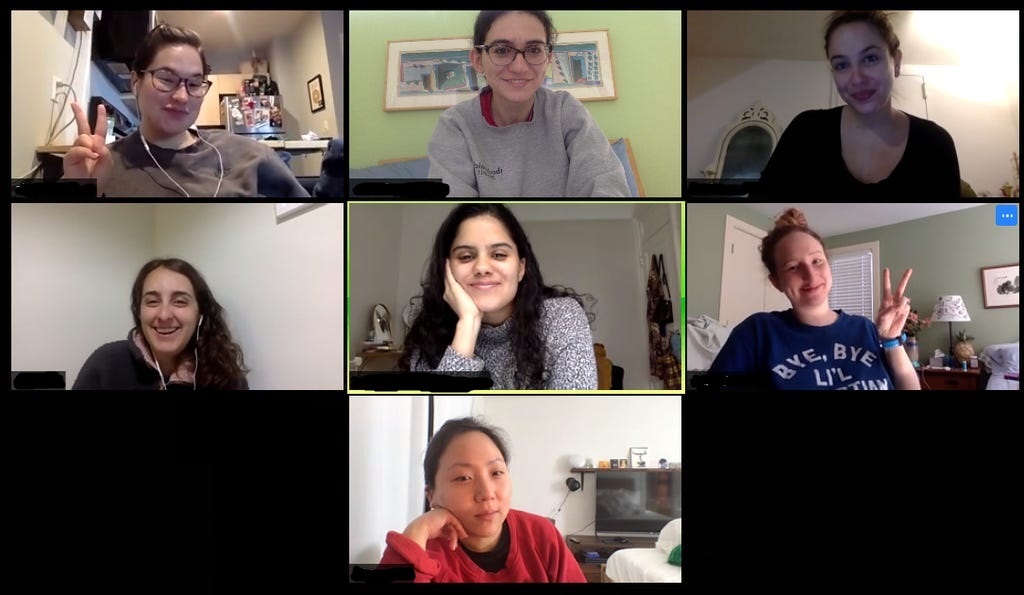When The Worst Happens:
Experiencing Loss In Isolation
Dealing with loss is difficult under normal circumstances, but if it happens when we are unable to access our normal sources of support it can feel even more unbearable. Let’s look at some of the ways in which responding to loss is complicated when it’s hard to use our usual coping skills and see if we can’t figure out some alternate ways of coping.
Getting Together With Friends
Loss of any kind- whether it’s a loss related to death or a more intangible loss like losing a dream or an opportunity – can make us feel very alone. We often judge our reactions in comparison to those of our friends so we can gauge if the way we’re reacting is ‘normal’. When we can’t be with friends, the comfort that comes from sharing and comparing grief is missing. Online connections may seem like a poor substitute – virtual hugs aren’t nearly as consoling as in person ones are! – but they are a way to share feelings and reactions. A few things to remember about using online communication, especially when the loss is related to death:

- It’s a human tendency to want to know all the details about how someone died. It’s also a human tendency to fill in the gaps of real, verifiable information with gossip and rumors. Be careful and be skeptical about the things you may read or hear about the death. Accept the fact that you may never know what really happened – your knowledge may be limited to the fact that this person you knew is now dead.
- Even if you don’t know the details, however, you’ll still have feelings about what’s happened and, at the end of the day, sharing feelings is the best way to feel supported and connected to others.
- It’s also helpful to focus on what you’ll miss about the person who died in an honest, thoughtful way. Sometimes people become more important in death than they were in life. Or, if the death was sudden, the shock can lead us to almost turn the person into a rock star. Often, you’ll see this happen as time goes by; we wind up forgetting about a person’s faults and focusing more on who we imagined them to be than on who they really were.
Visiting With The Family Of The Deceased
Most of us get comfort from simply ‘being there’ for the family of someone who dies. Just showing up is a way to communicate without words that we support them in their loss and join them in missing the person who has died. When we can’t visit, there is no easy replacement for this. A different way to be supportive, however, is to write to them and share one of your memories about the person who died. Chances are, you will have had experiences with the person who died that their family doesn’t know about. By writing about one of these, you do something we call “gifting the family with memories”. You are sharing a story that will often become part of the family’s personal remembrances. Or, maybe instead, you write a song, or draw, or put together some pictures. It’s harder than simply stopping by to visit the family, because you really are sharing some of your grief, but in the long run, it can be helpful for you as well as them.
Finding Support
Sometimes when we lose someone close, it can make us think of our own death. It you or a friend are having thoughts of wanting to die, you must reach out for help immediately. Please utilize the following free an anonymous 24-hour hotline numbers. You are not alone.


